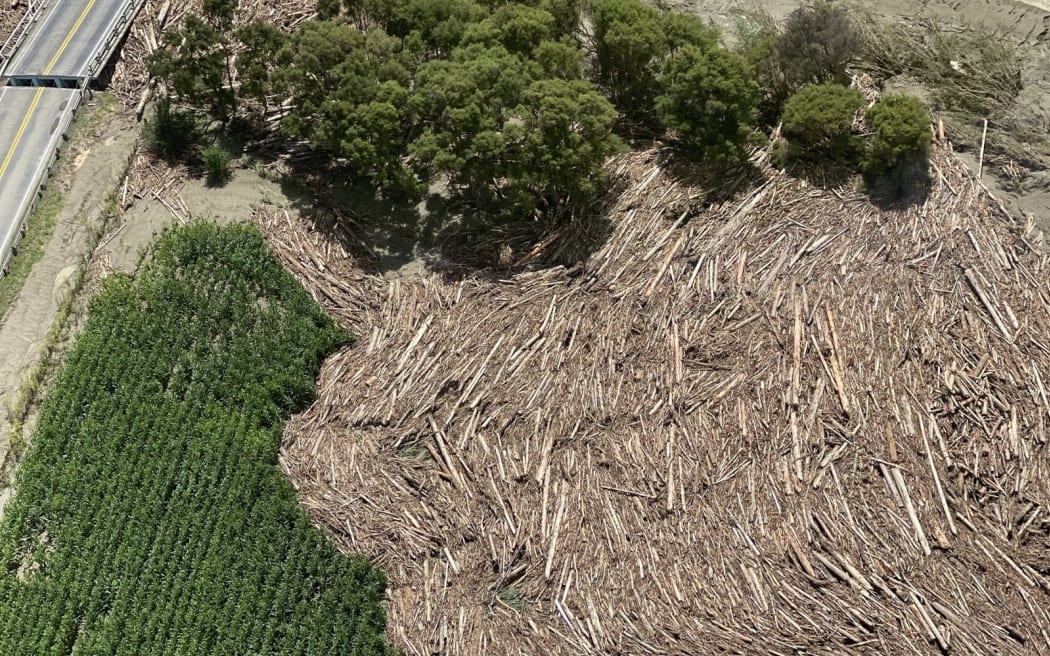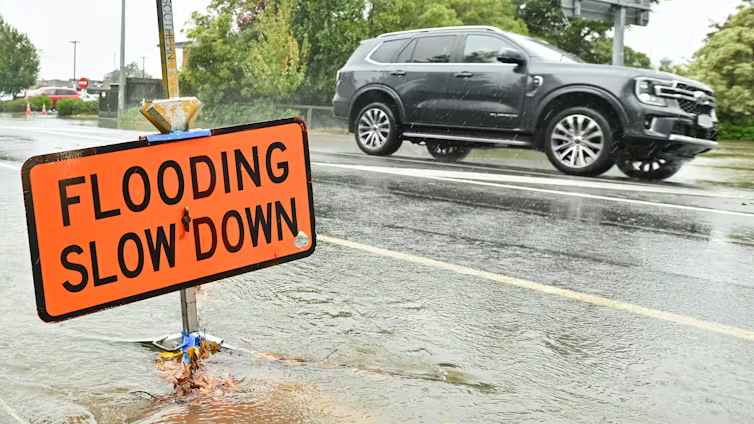The National-led Government has unveiled its plan to scrap the Resource Management Act (RMA) – New Zealand’s core environmental law – and replace it with two new laws that put private property rights ahead of the health of nature and our communities.
Leading the charge is National Party minister Chris Bishop, a former lobbyist for tobacco giant Philip Morris. Here he is, working for Big Tobacco, arguing that plain packaging for cigarettes infringes on the property rights of tobacco companies. Now, he’s bringing that same corporate-first ideology into one of our most important environmental laws.
The RMA is one of the few things that stops New Zealand from becoming a Wild West for corporations and developers. It’s where we set the rules and environmental limits that protect our rivers, drinking water, land, wildlife, air, and coastline.
When Bishop argued against life-saving reforms on behalf of Big Tobacco, he didn’t care about the health of New Zealanders, and he clearly doesn’t care now. He wants to make it easier for corporations to pollute the air we breathe and the water we drink. The Government has announced that as part of these reforms, they are going to raise the level of adverse effects on people and nature that should be allowed before rules kick in.
The worst ideas for the RMA overhaul
- Introduce “regulatory relief AKA regulatory takings” forcing ratepayers to pay polluters if a council tries to bring in better rules to protect the environment or their community.
- Put private property rights at the centre of environmental law, putting the health of ecosystems and communities second to corporate profits.
- Weaken the Te Tiriti o Waitangi provisions and narrow Māori involvement in environmental decisions. Watch Dr Mahina-a-rangi Baker and Eru Kapa-Kingi talk about some of these changes in more detail.
- Raise the bar for what counts as environmental and human harm, meaning more pollution and damage will be allowed by default.
- Expand permitted activities, letting companies carry out more harmful developments without consent or public input.
- Shift from a precautionary to a permissive approach so that companies no longer have to prove that what they’ll do is safe before they do it.
The overall idea is clearly to hand more power to corporations to exploit nature for profit while pushing the costs – pollution, degraded ecosystems, health risks – onto everyone else. Here are the three biggest reasons why the government’s RMA reforms need an overhaul:
1. You can’t protect nature one property at a time
A river doesn’t know where a property ends. Neither does air, groundwater, or the climate. What happens on one piece of land can harm communities and ecosystems downstream. We’ve seen this in Canterbury, where intensive dairy farming has led to dangerous nitrate levels in groundwater, contaminating drinking water kilometres away.
Environmental law must look at the big picture and be grounded in reality. That reality is that the natural ecosystems that we are part of and that sustain us are interconnected.
You can’t deliver safe, clean drinking water, stop native species from going extinct, or tackle climate change by managing the environment one property at a time.
2. Once the damage is done, it’s often permanent
Environmental harm is sometimes slow, cumulative, and irreversible. By the time there is visible damage or undeniable proof, it may already be too late.
That’s why the precautionary principle matters and must be core to our environmental law: we should prevent harm before it occurs. However, the government wants to abandon this approach in favour of a more “permissive” model, where corporations can act without first proving they won’t damage nature now or in the future.
Professor France-Hudson from Victoria University puts it clearly: “Without recognition of limits, the free use of private property can and does result in very negative environmental outcomes. Once damaged, environments do not necessarily heal, and the cumulative effect of many smaller actions can tip a system into irreversible change.”
3. The public good must trump private greed
Clean water, fresh air, healthy forests, and a stable climate aren’t “nice-to-haves”. They’re essential to our health, our food system, and our identity as New Zealanders. And they are things we all share.
We protect these things not because they belong to us individually but because they are both intrinsically valuable and necessary to our well-being.
The RMA announcement is the next step, after the Fast Track Act in the Government’s coordinated effort to dismantle environmental protections and silence communities so profiteering companies can cash in.
That’s why Greenpeace is calling on the Government to:
- Halt the scrapping of the RMA,
- Repeal the Fast-Track Act, and
- Uphold Te Tiriti o Waitangi in all environmental decision-making.

Add your name now to demand Chris Bishop abandon his dangerous RMA reform plan.
Sign the petition


